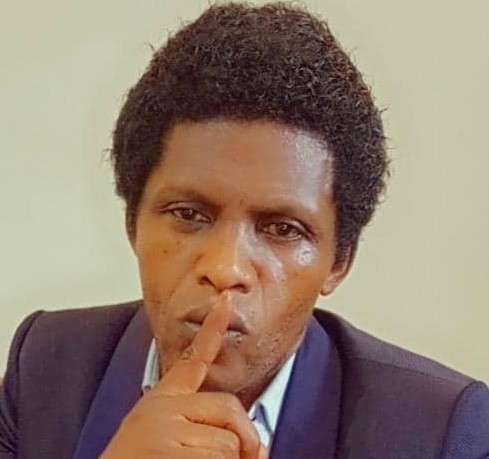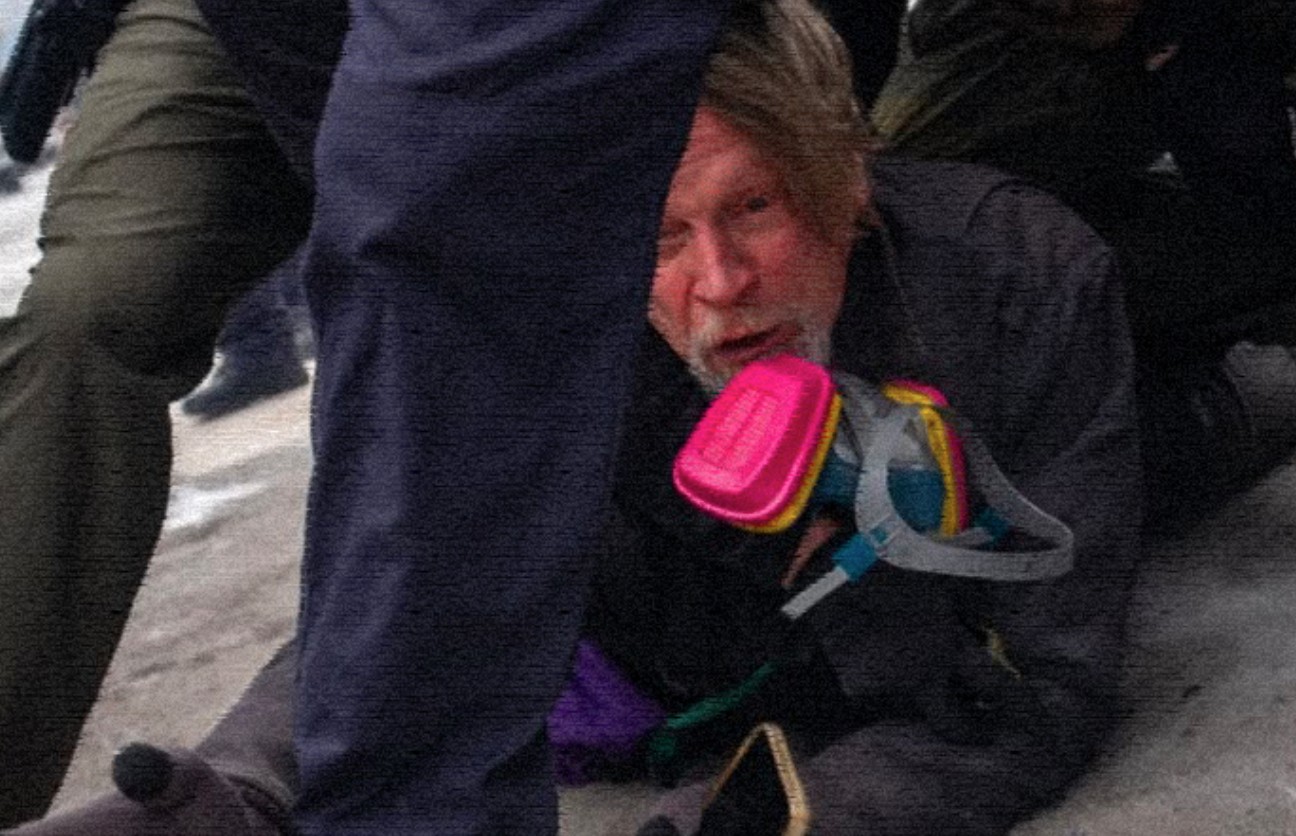
Italian Journalist Cecilia Sala Describes Harrowing Detention in Iran’s Evin Prison
January 20, 2025
Cameroon: Two Years On, Justice Still Eludes Murdered Journalist Martinez Zogo
January 20, 2025January 20, 2025 – USA –
President Trump issued Executive Order 14149, “Restoring Freedom of Speech and Ending Federal Censorship”, aiming to halt any federal interference in constitutionally protected speech. The order prohibits federal agencies from using taxpayer resources or exerting covert pressure on private platforms to suppress speech, especially under labels like “misinformation,” “disinformation,” or “malinformation.” It also directs the Attorney General to investigate speech-suppression activities by the previous administration and recommend corrective action.
Supporters, including the nonpartisan Foundation for Individual Rights in Education (FIRE), endorsed the move, noting its potential to increase transparency, especially if the AG’s investigation is thorough. However, legal analysts caution that the order largely reaffirms preexisting First Amendment protections while embedding a one-sided narrative accusing the Biden administration of “censorship”. Critics argue that it may be used as a political tool to justify future pressure on platforms or public institutions under the guise of free speech protection.
Separately, the London-based advocacy organization ARTICLE 19 published a policy agenda shortly after Trump’s inauguration, warning that his second term risked further erosions of media freedom. The organization criticized Trump’s frequent threats against the press (including claims he would revoke broadcast licenses and jail reporters) and pledged to defend expression rights, highlighting the distinction between free speech and hateful or harassing discourse. ARTICLE 19 emphasized that genuine free expression must empower marginalized voices, require robust protections for independent media, and support a transparent informational environment,t public and global accountability.
Human rights principles, such as those in Article 19 of the ICCPR and UDHR, affirm that freedom of expression includes the right to seek, receive, and share ideas across platforms and media, subject only to limited legal restrictions (like preventing incitement to violence or defamation).
Reference –




